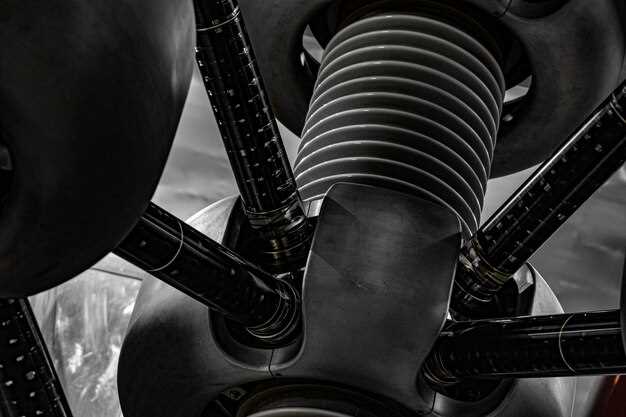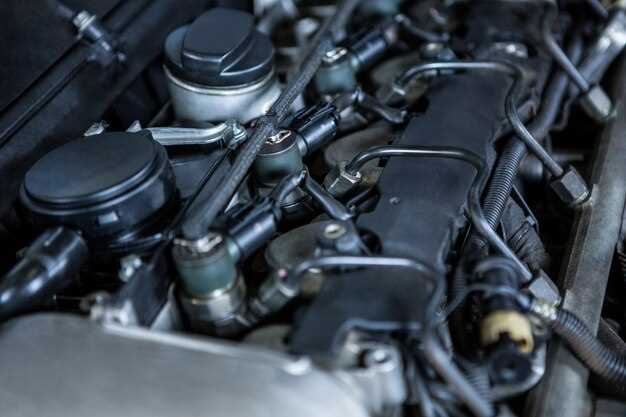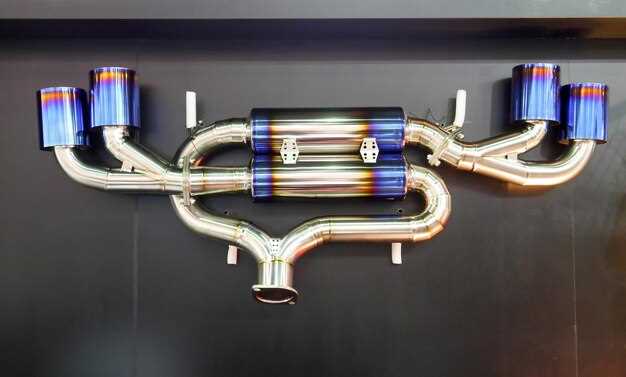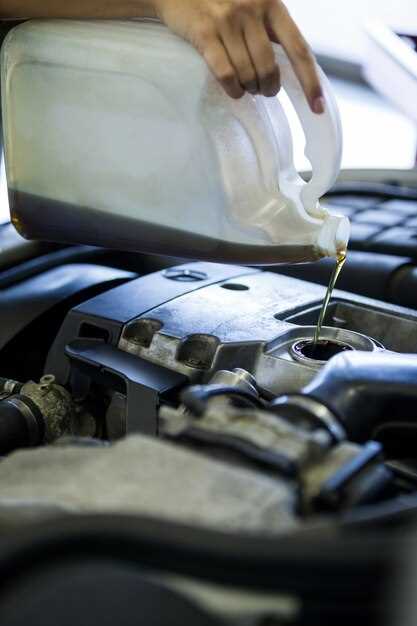

Diesel engines are renowned for their impressive torque and fuel efficiency, making them a popular choice for both commercial and recreational vehicles. However, enthusiasts often seek to enhance their diesel’s performance through various mods. One of the most effective upgrades is the installation of a performance exhaust system.
A performance exhaust system is designed to improve the flow of exhaust gases, reducing back pressure and allowing the engine to breathe more freely. By optimizing this process, diesel owners can experience significant increases in horsepower and torque. Moreover, a high-quality exhaust can also improve fuel efficiency, making it a beneficial investment for those who rely on their diesel vehicle for heavy-duty tasks or long hauls.
Incorporating a performance exhaust not only boosts power but also enhances the sound of the engine, giving it a more aggressive and appealing tone. This combination of performance and aesthetics makes exhaust mods a favored choice among diesel enthusiasts looking to elevate their driving experience. Understanding how these systems work and choosing the right one is crucial for maximizing your diesel engine’s potential.
Choosing the Right Performance Exhaust for Your Diesel Vehicle

Selecting the appropriate performance exhaust for your diesel vehicle is crucial for maximizing engine efficiency and enhancing overall power output. With a variety of options on the market, it’s essential to consider several factors to make an informed decision.
First, determine your goals for upgrading the exhaust system. Are you looking for improved towing capacity, increased horsepower, or enhanced sound? Different mods serve various purposes, and aligning your choice with your objectives will yield the best results.
Material is another important consideration. Stainless steel and aluminized steel are common choices. While stainless steel offers durability and resistance to corrosion, aluminized steel is often more affordable but may require replacement sooner. Choose a material that suits your budget and usage patterns.
Next, evaluate the design of the exhaust system. Options include cat-back, turbo-back, and header-back configurations. A cat-back system, for instance, replaces everything from the catalytic converter to the tailpipe, promoting better airflow and enhancing performance. If you’re aiming for maximum power, a turbo-back system can eliminate restrictions before the turbocharger, providing substantial gains.
Consider the diameter of the exhaust pipes as well. Larger diameter pipes can improve exhaust flow, thereby boosting power. However, excessively large pipes may lead to a loss of back pressure, which can negatively affect performance in some diesel engines. A balanced approach is key.
Lastly, ensure that the exhaust system complies with local emissions regulations. Some performance systems may not be street-legal, especially if they remove or modify emissions components. It’s vital to choose a system that enhances performance while remaining within legal limits.
In summary, selecting the right performance exhaust involves assessing your goals, materials, design, diameter, and legal compliance. Making the right choice can significantly enhance your diesel vehicle’s performance, leading to an exhilarating driving experience.
How Performance Exhaust Systems Enhance Torque and Horsepower

Performance exhaust systems are essential mods for diesel engines looking to improve their overall efficiency and power output. By reducing back pressure, these systems allow for better exhaust flow, resulting in increased torque and horsepower. The design of performance exhaust components, including larger diameter pipes and optimized routing, facilitates quicker expulsion of exhaust gases, which in turn enhances engine breathing.
One of the primary benefits of an upgraded exhaust system is the improvement of engine scavenging. This refers to the process where the outgoing exhaust gases help draw in fresh air and fuel for the next combustion cycle. A performance exhaust system enhances this scavenging effect, promoting a more efficient air-fuel mixture and ultimately leading to greater combustion efficiency.
Additionally, the use of high-flow mufflers and less restrictive catalysts in performance exhaust systems minimizes the energy lost during exhaust exit. This translates to a more powerful and responsive engine. Diesel engines, in particular, benefit from these modifications as they tend to generate higher torque across their operational range, making them ideal candidates for performance enhancements.
In summary, investing in a performance exhaust system can significantly enhance the torque and horsepower of diesel engines. By optimizing exhaust flow, reducing back pressure, and improving engine scavenging, these mods provide noticeable improvements in performance, resulting in a more robust driving experience.
Installation Tips and Maintenance for Maximum Diesel Performance
When enhancing your diesel engine’s performance, selecting the right exhaust system is crucial. Proper installation of performance exhaust mods can lead to significant improvements in both power output and fuel efficiency. Ensure that you follow manufacturer instructions carefully during installation.
Before starting, gather all necessary tools, including wrenches, sockets, and any specialty tools required for your specific exhaust system. It’s advisable to work on a level surface and wear safety gear. Begin by safely lifting the vehicle and securing it with jack stands. Remove the old exhaust carefully, paying attention to how each piece is connected.
When installing the new performance exhaust, ensure that all gaskets and seals are in good condition to prevent exhaust leaks, which can hinder performance. Tighten all bolts evenly and securely, but avoid over-tightening, which could damage components. Make sure to route the exhaust properly to avoid contact with any heat-sensitive parts of the vehicle.
Once installation is complete, take the time to check for any signs of leaks or unusual sounds. A properly functioning exhaust should enhance your diesel’s performance without any additional noise or vibrations.
Maintenance is equally important for sustaining the benefits of your performance exhaust system. Regularly inspect the exhaust for rust or deterioration, particularly at connection points and welds. Cleaning the system can also help, as soot buildup can reduce efficiency and power. Use a suitable cleaner and follow up with a thorough rinse.
Also, consider pairing your exhaust system with other performance mods, such as upgraded intercoolers or tuning chips, to achieve maximum results from your diesel engine. By investing in quality components and performing routine maintenance, you can ensure that your enhancements deliver optimal diesel performance for years to come.






